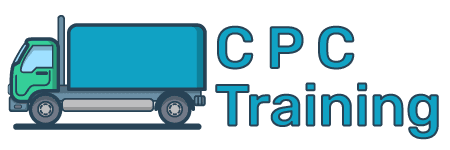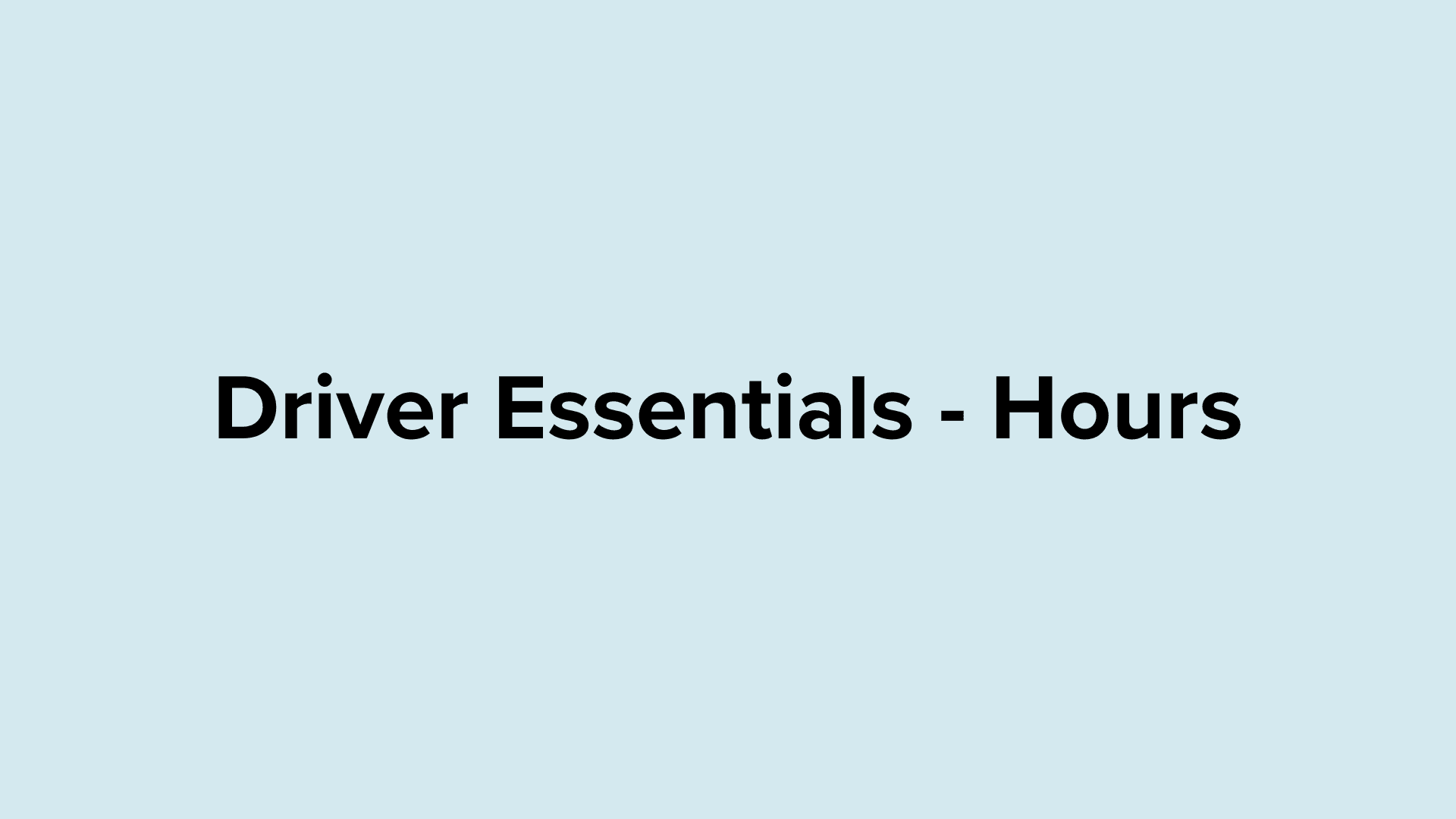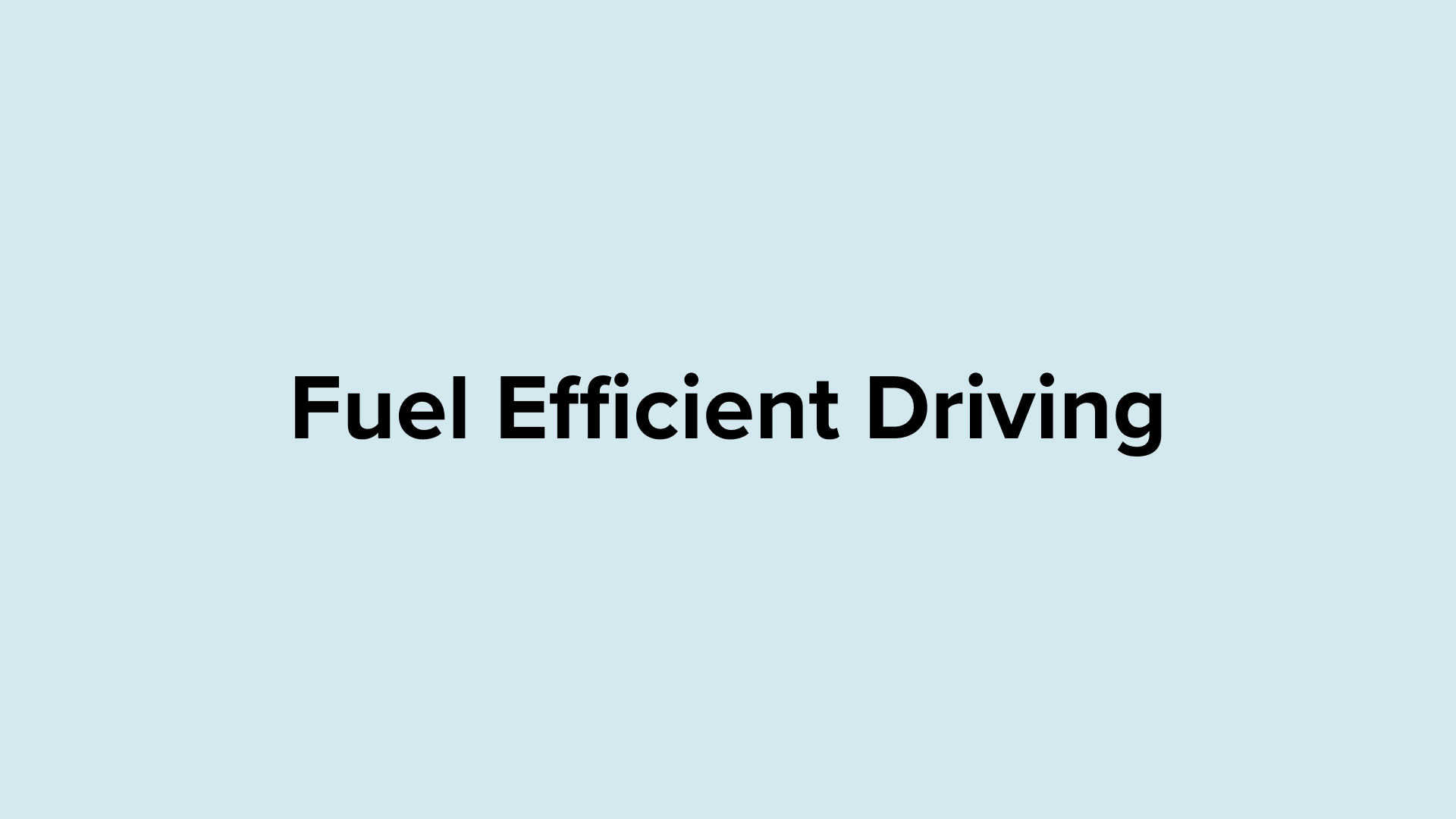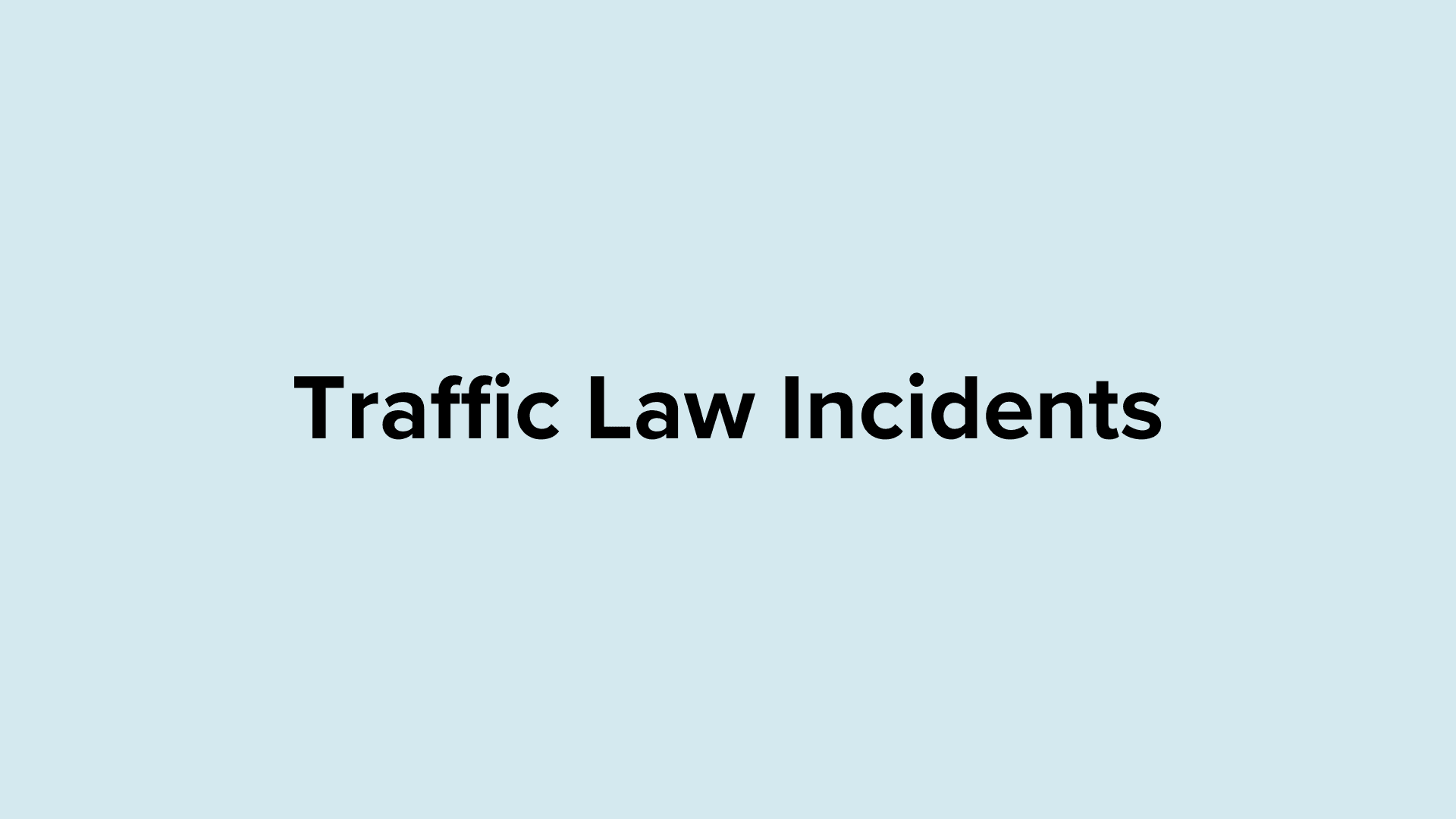Initial CPC Training: Your Road to Becoming a Pro Driver
- Home
- Initial CPC Training
Initial CPC Training is the first step for anyone entering the professional driving industry. It ensures drivers have the knowledge and skills to drive safely, legally and efficiently. The Initial Certificate of Professional Competence (CPC) is the foundation of a career in road transport. It’s a legal requirement for new drivers who want to drive buses, coaches or large goods vehicles (LGVs) commercially.
Here’s what Initial CPC Training means, who needs it and how it helps aspiring pro drivers.
What is Initial CPC Training?
The Initial CPC Training is a qualification required by EU and UK law to ensure high standards in the road transport industry. It gives new drivers the skills to drive commercial vehicles and comply with legal and safety regulations.
This training is both theory and practical, so drivers are ready for real life. Upon completion drivers get the Driver Qualification Card (DQC) also known as the Driver CPC card which allows them to drive vehicles commercially.
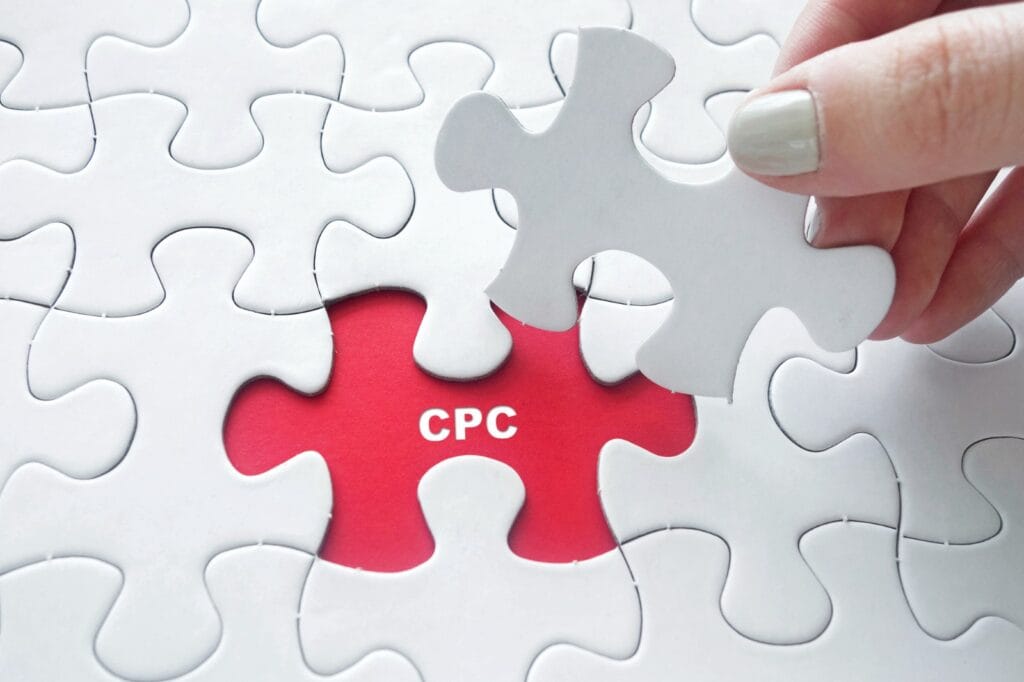
Course Availability
All prices are inclusive of VAT
7 Hours
27/01/2025
£40.00
Who Needs Initial CPC Training?
Initial CPC Training is for new drivers who got their licence after:
- 9th September 2008 for Passenger Carrying Vehicles (PCV) such as buses and coaches.
- 9th September 2009 for Large Goods Vehicles (LGV) such as lorries and other commercial vehicles over 3.5 tonnes.
It’s for individuals who:
- Don’t have acquired rights (licences issued before CPC regulations came in).
- Are new to the industry and want to drive professionally.
What’s Initial CPC Training?
The Initial CPC Training is divided into two main modules, each covering a different area of driving competence:
Module 2: Case Studies
This is a theory based assessment that tests a driver’s knowledge of real life scenarios they will encounter during their career.
- Topics Covered:
- Road safety and accident prevention.
- Legal responsibilities including drivers’ hours and working time regulations.
- Vehicle maintenance and pre-trip checks.
- Customer service (especially for bus and coach drivers).
- Emergencies and unexpected situations.
- Test:
- Multiple choice questions based on case studies.
Module 4: Practical Demonstration
This module tests a driver’s practical skills and ability to drive and manage their vehicle safely.
- Skills Assessed:
- Conducting a thorough vehicle check to ensure roadworthiness.
- Loading and securing loads.
- Emergency situations such as vehicle breakdown or accident.
- Operating specialist equipment where applicable.
- Test:
- A practical demonstration test where drivers show they can do this.
What’s Initial CPC Training?
1. Legal
- The Driver CPC card is a legal requirement for professional drivers in the UK and EU.
New drivers can’t drive commercial vehicles without completing Initial CPC Training.
2. Safety and Competence
- The training gives drivers the knowledge and skills to drive safely.
It covers road safety, compliance and responsible driving.
3. Career Progression
- Completing Initial CPC shows you’re professional and committed, makes you more employable in the transport industry.
4. Get Started
- The course covers fuel efficiency, vehicle maintenance and customer service to give you a solid foundation for the long term.
Benefits of Initial CPC Training
1. Thorough Preparation:
- New drivers get both theory and practical skills to do the job.
2. More Employable:
- Having a Driver CPC card is a valuable asset that opens up many opportunities in the transport industry.
3.What’s Initial CPC Training?
- Drivers learn how to drive commercial vehicles, comply with regulations and deliver great service.
4. Road Safety:
- The training emphasizes defensive driving and accident prevention to make roads safer for all.
5. Legal Compliance:
- Completing the course means drivers meet the legal requirements to drive commercial vehicles in the UK and EU.
What Vehicles Does Initial CPC Training Cover?
The training is vehicle specific to the type of vehicle you’ll be driving:
- Large Goods Vehicles (LGV): Lorries and vehicles over 3.5 tonnes.
- Passenger Carrying Vehicles (PCV): Buses and coaches with more than 9 seats.
How to Get Ready for Initial CPC Training
To pass, new drivers should:
1. Know the Course
- Read the course structure and topics in Modules 2 and 4.
2. Choose the Right Training Organisation
3. Study Beforehand
- Read case studies and practice scenarios for Module 2.
Review vehicle checks, load security and emergency procedures for Module 4.
4. Stay Concentrated
- Participate in training sessions and ask questions if you’re unsure.
How Long Does Initial CPC Training Take?
Initial CPC Training time varies depending on you and the training organisation. On average:
- Module 2: 1-2 hours theory test preparation.
- Module 4: 30 minute practical demonstration and pre-test preparation.
Initial CPC Training FAQs
Q: What happens when I’ve completed Initial CPC Training?
A: Once you’ve passed Modules 2 and 4 you’ll get your Driver Qualification Card (DQC). This card allows you to drive professionally.
Q: Can I re-take the tests if I fail?
A: Yes, drivers can re-take either module if needed but it’s recommended to prepare well to avoid delays.
Q: Do I need periodic training after Initial CPC?
A: Yes, to keep your Driver CPC card you must complete 35 hours of periodic training every 5 years.
Why Choose Us for Initial CPC Training?
We help new drivers achieve their goals with high quality, accredited Initial CPC Training.
What We Offer:
- Experienced Trainers:
- Learn from industry experts.
- Thorough Content:
- Modules 2 and 4 covered.
- Flexible Training: In-person or online sessions.
- Results: Our students pass and go on to great careers.
Summary
Initial CPC Training is a must for anyone wanting to become a professional driver. By giving drivers the skills, knowledge and certification they need to face the road transport industry.
Sign up for Initial CPC Training today and start your journey as a qualified and competent driver. We’ll guide you and get you driving with confidence.
Martha Hudson
I can confidently say that this online Driver CPC training delivers an exceptional learning experience. The course is meticulously structured, the instructors are highly knowledgeable, and the support team is always responsive. For anyone seeking professional, high-quality CPC certification, this program is a top recommendation.
Success Stories
David Williams
This online Driver CPC training is top-notch. The instructors were clear and professional, and the support team was always available when I had questions. Highly recommend!
- Delivery Driver
Sarah Johnson
- Logistics Manager
Features
- Certified
- Flexible
- Compliant
- Accessible
- Efficient
This Course Includes
- 7 Hours
- Video Lessons
- Completion Certificate
